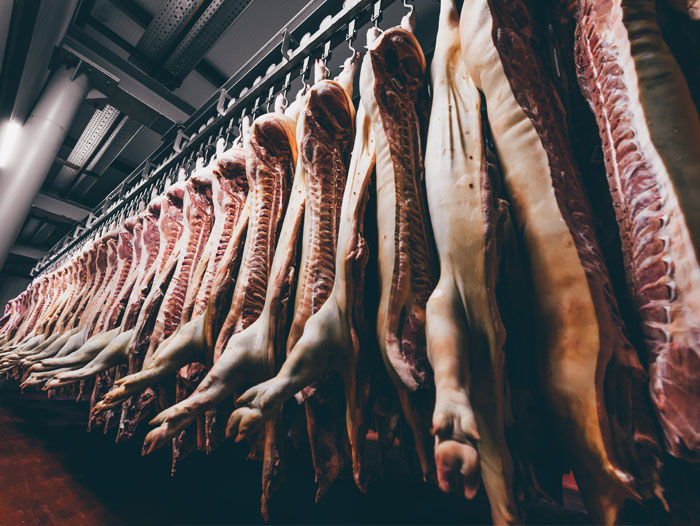Pork Quarterly Q4 2019: Producers Remain Cautious on Expansion as Risks Outweigh Rewards
November 5, 2019 | 3 min to read

Global pork prices continue to rise, as protein shortfalls intensify competition for a shrinking supply, according to Rabobank’s Pork Quarterly Q4 2019.
Pork prices have hit record highs in some regions, while trade barriers continue to limit the upside in the US and Canada. prices will continue to increase through Q4 2019 and into 2020, as markets work to balance supply and demand. “Despite rising economic incentives, we expect a limited global production response, as environmental and regulatory constraints, along with the threat of African swine fever (ASF), constrain the industry’s ability to expand,” according to Christine McCracken, Senior Analyst – Animal Protein. “This imbalance is expected to drive prices higher and make markets more volatile in the coming months, magnifying an already tenuous situation.”
Other highlights from the Pork Quarterly Q4 2019 include:
China: Prices jump in response to holiday-led demand
Retail prices rose 78% MOM in September, as inventories were depleted following the surge in pork demand associated with the fall holidays. Slow herd replenishment, particularly in ASF-affected regions, is contributing to the near-term shortfall and resulting increase in pork prices. Pork consumption has suffered, as high prices limit interest. Even so, efforts to rebuild the herd are underway as the economic incentives are sizable and will promote rapid growth where feasible.
US: Record production more than offsets surge in export demand
Record hog slaughter is weighing on markets, depressing producer returns. Productivity gains continue to outpace expectations, adding further stress to an oversupplied domestic market. Robust exports are absorbing much of the production increase, yet have been unable to fully keep pace. Despite strong exports, Rabobank expects more moderate production growth in 2020.
EU-28: Global trade drives strong returns, but industry growth is constrained
Europe remains the key supplier of pork to the global markets. Brisk exports of pork to China and other parts of Asia helped support a 31% YOY increase in prices and near-record margins. Reports of ASF in Europe have mostly affected feral swine populations, along with sporadic commercial cases.
Brazil: Strong demand boosts production returns
Exports to China continue at a strong pace and are 33% higher than the same period last year through September. Strong demand has driven a 17% improvement in price (USD 2,297/metric ton) and a rebound in margins.
